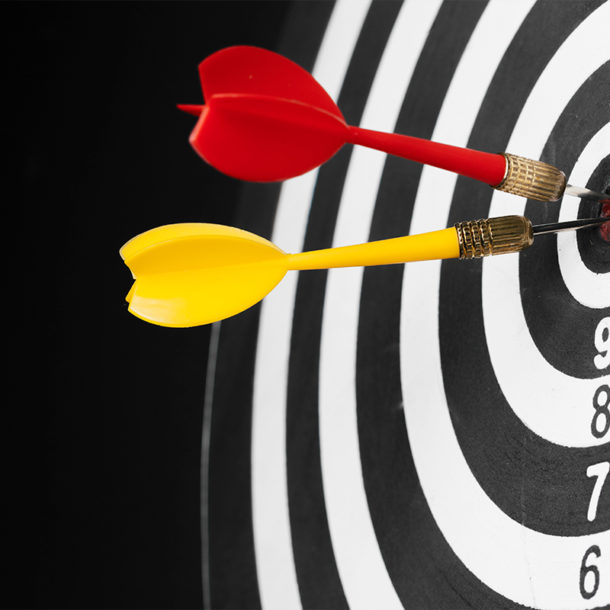
Mastering Emotional Agility: Navigating Life’s Challenges with Grace
In today’s fast-paced and unpredictable world, mastering emotional agility is more important than ever. Emotional agility refers to the ability to navigate through life’s challenges with grace and resilience, without being derailed by difficult emotions or situations. It’s about staying flexible and adaptive in the face of adversity, allowing us to bounce back stronger and wiser.
Emotional agility involves several key components, including self-awareness, self-regulation, empathy, and social skills. Self-awareness is the foundation of emotional agility, as it allows us to recognize and understand our own emotions. By being aware of our thoughts, feelings, and reactions, we can better manage them and choose how to respond in any given situation.
Self-regulation is another essential aspect of emotional agility. It involves the ability to control our emotions and impulses, especially during times of stress or conflict. Instead of reacting impulsively or emotionally, emotionally agile individuals are able to pause, reflect, and respond thoughtfully. This helps to prevent unnecessary conflicts and allows for more constructive communication and problem-solving.
Empathy is also critical for emotional agility, as it enables us to understand and connect with others on a deeper level. By empathizing with others’ perspectives and emotions, we can build stronger relationships and navigate social interactions more effectively. This is particularly important in the workplace, where collaboration and teamwork are essential for success.
Finally, developing strong social skills is key to mastering emotional agility. This includes effective communication, conflict resolution, and leadership abilities. Emotionally agile individuals are able to communicate their thoughts and feelings clearly and assertively, while also being open to feedback and differing viewpoints. They are also skilled at resolving conflicts and mediating disputes in a constructive and empathetic manner.
So how can you develop and master emotional agility in your own life? One effective strategy is mindfulness, which involves paying attention to the present moment without judgment. By practicing mindfulness meditation and other mindfulness techniques, you can increase your self-awareness and emotional resilience. Additionally, practicing self-care and stress management techniques can help you stay grounded and balanced, even during challenging times.
Mastering emotional agility is essential for navigating life’s turbulent waters with grace and resilience. By cultivating self-awareness, self-regulation, empathy, and social skills, you can develop the emotional agility needed to thrive in today’s fast-paced world. So embrace the journey of self-discovery and personal growth, and watch as you become more resilient, adaptable, and emotionally agile in the face of life’s challenges.







